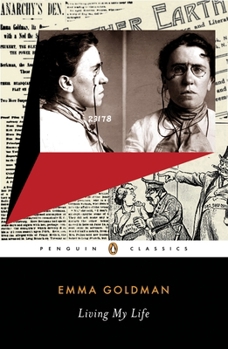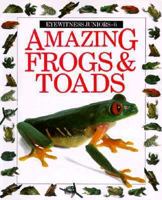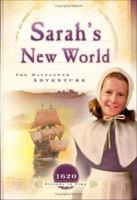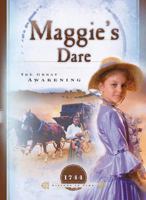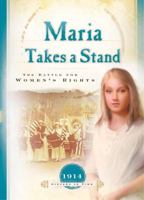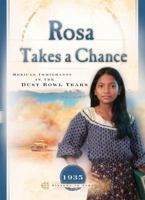Living My Life
Select Format
Select Condition 
You Might Also Enjoy
Book Overview
Customer Reviews
Rated 5 starsOne of the most important books you'll ever read
This is the best autobiography I've ever read, because her life was lived with such commitment & independence. Certainly, she was hugely influential in her time, but her success was scratched out of nothing, with no support, and huge opposition. The difficulties and the times are conveyed amazingly well. The book will make you look carefully at your own life ... in ways that can only change it for the better.
1Report
Rated 5 starsEnjoyable book, fun to read, informative
I could not disagree more with Goldman's ultimate philosophical conclusions, but I enjoyed this book, and volume II as well. Her essential humanity emerges, and it is a good case study and an interesting read, historically, philosophically and personally. She is no Mark Twain or Billy Faulkner, but her life was interesting and her prose adequately conveys the milieu she became enmeshed in. A fair degree of antecedent historical...
1Report
Rated 5 starsLiving Beyond Expectations
In her autobiography Emma Goldman explains her life, narrating the experience of marching to her own drummer. Depending on the reader's political expectations, Emma's life is either inspiring or downright terrifying. Those who believe in social conformity would probably be more comfortable moving on to other fodder. Nevertheless, this eyewitness account of American and Russian history, ought not to be trivially dismissed...
1Report
Rated 5 starsEmma Goldman's autobiography--an essential document
Goldman's autobiography is a long read, but I implore anyone with a critical mind and a feeling of social consiousness to pick it up at once. The book is testimony of the powerful eloquence and charisma of Emma Goldman, who managed to weave the minute details of the lives of some of our most brilliant and--by virtue of their radicalism--unknown revolutionary activists of turn-of-the-century America and abroad into an absorbing...
1Report
Rated 5 starsBuy it before it disappears. You'll use it for inspiration.
Though Emma Goldman has finally begun to be recognized by some people, she still is an unknown quantity to many. Anarchy. We hear "anarchy" and shudder. For Emma, anarchy was based on her belief in the innate goodness of man. Government takes away rights, rather than preserves them. We must learn to act outside the constraints of government and society. And we msut accept responsibility for our acts as she did for hers...
1Report











